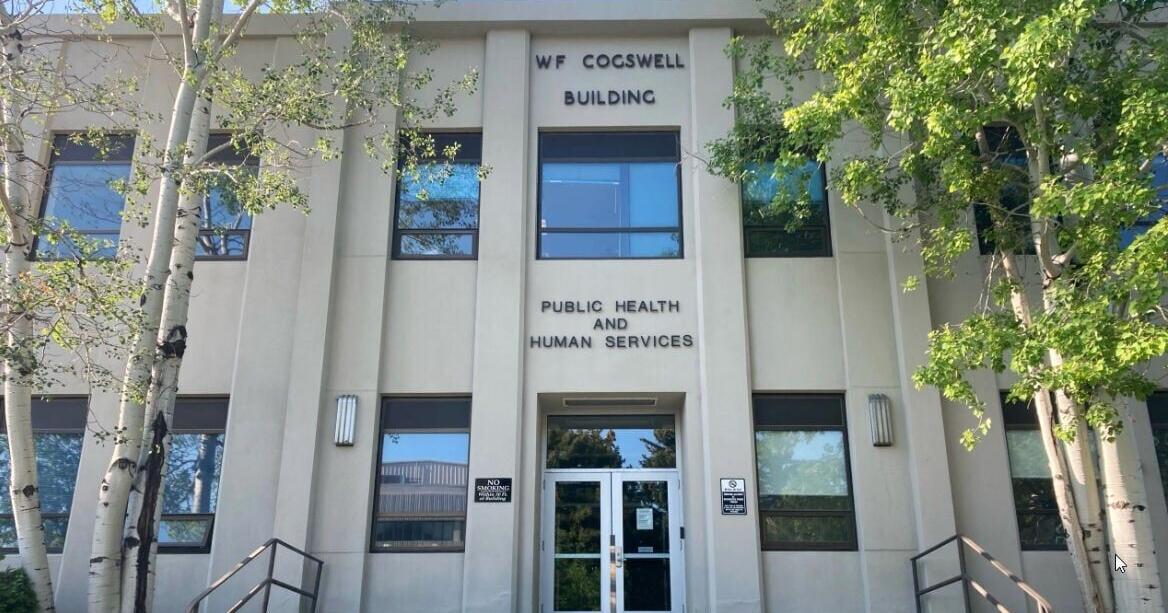
The state program that monitors the treatment of licensed health care workers with substance use disorders or mental illness has come under fire after accounts surfaced of mismanagement and harm to participants.
Holders of six occupational license types overseen by the Montana Department of Labor and Industry (DLI) and their respective licensing boards are subject to clinical monitoring if they’re in recovery from addiction, severe behavioral health challenges or some chronic physical conditions and want to continue working.
Since 2023, DLI has contracted with an out-of-state company to provide medical assistance services to nurses, doctors, dentists and more. Participants must comply with onerous drug tests and virtual group meetings, often at their own expense, or risk losing their license altogether.
A critical legislative audit released last month found that program disorganization and lack of transparency puts patient safety at risk and its punitive style sets back providers in recovery.
Members of the Legislative Audit Committee on Friday peppered DLI with questions about participants’ allegations of unfair treatment and the story of a nurse who died by suicide after her license was suspended for failure to meet the requirements of the monitoring program.
“This is pretty disturbing to me,” said Rep. Mary Caferro, D-Helena.
There were about 70 participants in the Montana Medical Assistance Program as of December 2024, a mix of pharmacists, medical examiners, nurses and dentists. Some enroll voluntarily, while others are required to by their licensing board as a form of disciplinary action.
DLI Commissioner Sarah Swanson didn’t shy away from the audit’s condemnations of the way her agency had handled the transition from the longtime version of the medical assistance program under a different contractor to the one that exists today; though she did clarify that she was not at DLI during this two-year period.
“Better is absolutely possible,” Swanson said.
She laid out plans to create an advisory council to review the program and provide options for reform. Members will include representatives from each of the licensing boards whose members could participate in the medical assistance program as well as a member from the Montana Hospital Association, the Montana Medical Association and the labor department.
Legislators applauded this step, but a number asked for swift action even sooner.
The state signed a $540,000 contract with Maximus, Inc., to provide the monitoring. None of the program staff live in-state. That contract is up in December.
Sen. Laura Smith, a Helena Democrat who is also a lawyer, suggested adding an addendum to the existing contract that would make its reporting requirements more rigorous immediately. Right now, Maximus, Inc. is not obligated to disclose overdoses or deaths by suicide that occur while a participant is in the program.
Others encouraged DLI to take a hard look at whether or not it should continue with Maximus come December. There is a clause in the contract that could allow for renewal.
Friday’s committee discussion highlighted a key question that agency officials, lawmakers and other stakeholders will need to grapple with as they chart a path forward: what role should a medical assistance program play in a person’s treatment and recovery?
On this point, Swanson was direct: “I want to make very, very clear what it is not. It is not rehabilitative care. It is not treatment.”
Swanson said the state labor agency is not and will never be equipped to provide rehabilitation to a health care worker struggling with behavioral health disorders. Its role is to protect the public from a provider who could be practicing while in crisis. Participants should be involved in true rehab and recovery options, not only this monitoring program, she said.
Others pushed back. They said the line between rehabilitation and monitoring isn’t so stark, and that if the state is going to require people enroll a program in order to maintain their license, it has a role in ensuring that the process also helps and does not hurt vulnerable participants.
“The punishing nature of the program is harming the participants,” said Jean Branscum, who will sit on the soon-to-be created advisory council representing the Montana Medical Association. “The clinicians say these individuals are patients as well, so we are harming the participants who are also patients by the approach that’s being taken.”
Carly Graf is the State Bureau health care reporter for Lee Montana.
You must be logged in to react.
Click any reaction to login.
Love
0
Funny
0
Wow
0
Sad
0
Angry
0
Get Government & Politics updates in your inbox!
Stay up-to-date on the latest in local and national government and political topics with our newsletter.
* I understand and agree that registration on or use of this site constitutes agreement to its user agreement and privacy policy.
Carly Graf
State Bureau Health Care Reporter
Get email notifications on {{subject}} daily!
Your notification has been saved.
There was a problem saving your notification.
{{description}}
Email notifications are only sent once a day, and only if there are new matching items.
Followed notifications
Please log in to use this feature
Log In
Don’t have an account? Sign Up Today



